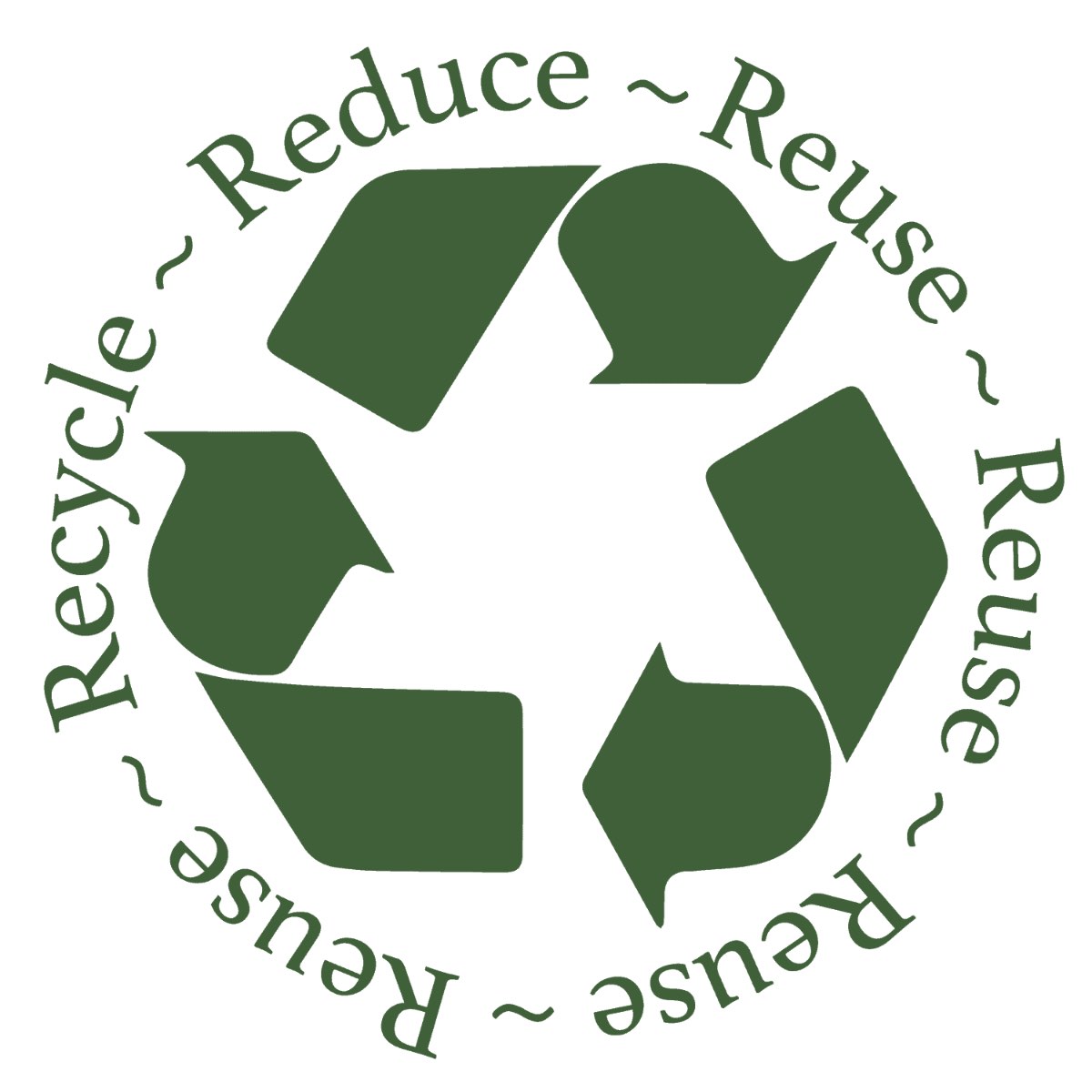If you have ever wondered what are the 7 R’s of waste reduction you are in the right place.
What Are the 7 R’s of Waste Reduction?

Our planet is drowning in waste, and the consequences are dire. From overflowing landfills to polluted oceans, the impact on our environment is undeniable. Fortunately, there’s a powerful tool we can all wield: the 7 R’s of waste reduction. This article dives into this simple yet effective framework, empowering you to minimize your waste footprint and become a champion for environmental conservation. Let’s embark on this journey together and discover how small changes can lead to a significant collective impact!
The 7 R’s of Waste Reduction:
R1: Refuse
Say NO to waste! The first step in waste reduction is refusing unnecessary items. This means politely declining freebies you don’t need, skipping single-use plastics, and avoiding impulse purchases. Remember, the less you bring in, the less you have to throw out. By refusing mindlessly, you become a conscious consumer, minimizing waste and sending a message to manufacturers that unnecessary production isn’t sustainable.
R2: Reduce
Think less is more! Reducing consumption is key to minimizing waste. Before buying something new, ask yourself: “Do I really need this?” Opt for durable items that last, choose experiences over material possessions, and embrace minimalism. Reducing consumption not only saves you money but also conserves resources and minimizes the environmental impact of production and disposal.
R3: Reuse
Give old items a new life! Reusing extends the lifespan of products and keeps them out of landfills. Repurpose old jars as storage containers, mend torn clothes, or donate unwanted items to charities. Embrace creativity and explore endless reuse possibilities. By reusing, you conserve resources, reduce demand for new products, and add a touch of individuality to your life.
R4: Repair
Don’t toss it, fix it! Repairing damaged items is a responsible and sustainable alternative to discarding them. Learn basic repair skills, invest in tools, or seek professional help if needed. Fixing extends the lifespan of your belongings, saves money, and conserves resources that would be used to produce new ones. Remember, repair is a superpower in the fight against waste!
R5: Recycle
Give waste a second chance! Recycling transforms used materials into new products, conserving resources and reducing landfill waste. Learn about your local recycling program, sort your waste diligently, and participate in recycling initiatives. Remember, recycling isn’t just about tossing things in a bin; it’s about closing the loop and creating a circular economy.
R6: Rot
Turn scraps into soil! Composting organic waste like food scraps and yard trimmings creates nutrient-rich compost for your garden. This reduces landfill methane emissions, diverts waste, and enriches the soil naturally. Embrace the magic of composting and witness your food scraps transform into life-giving nourishment for your plants.
R7: Rethink
Challenge your habits! Rethinking consumption patterns is crucial for sustainable living. Consider the environmental impact of your choices, seek out eco-friendly alternatives, and support companies committed to responsible practices. By questioning the status quo and embracing mindful consumption, you become a changemaker, inspiring others and paving the way for a greener future.
Conclusion
From refusing single-use plastics to repairing broken items and composting food scraps, the 7 R’s offer a powerful framework for minimizing waste and living more sustainably. Remember, every small change you make ripples outwards, creating a positive impact on our planet. Embrace the 7 R’s in your daily life, inspire others to do the same, and together, we can build a future where waste becomes a thing of the past. Let’s be mindful consumers, responsible citizens, and champions for a healthier planet!
Check out more recycling stuff here.


